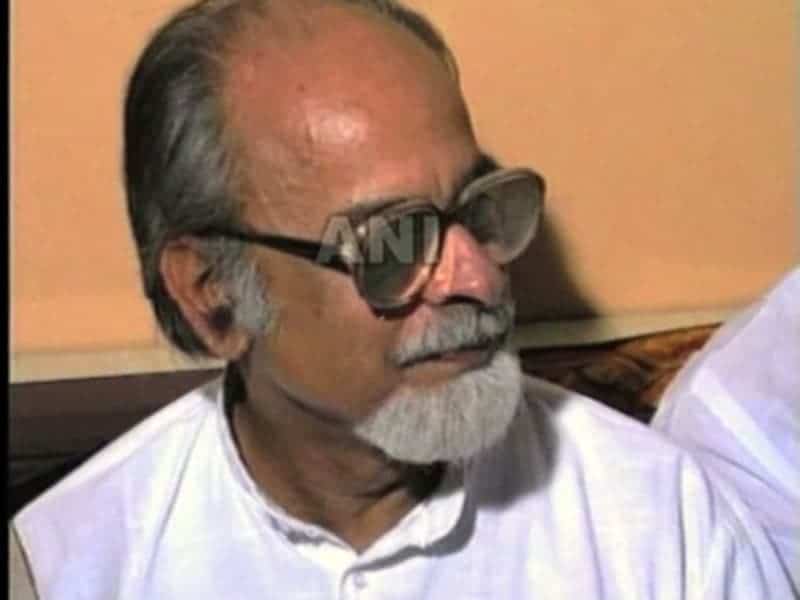New Delhi: Today marks the 100th birth anniversary of the 12th Prime Minister of India, Inder Kumar Gujral, who also was the third PM to be elected from the Rajya Sabha after Indira Gandhi and HD Deve Gowda.
Gujral who served as Prime Minister briefly between April 1997 and March 1998 and propounded the ‘Gujral Doctrine’ of five principles for maintaining good relations with India’s neighbours.
Born in Jhelum (undivided India) on December 4, 1919, Gujral hailed from a family of freedom fighters and himself actively participated in the freedom struggle since 1931 and even went to jail in 1942 during the Quit India Movement.
Starting off his political career in 1958 as the vice-President of the New Delhi Municipal Corporation, Gujral joined the Indian National Congress in 1964 and continued to be a part of it till the 1980s, when he quit the INC to join the Janata Dal.
One of his most prominent stints during his time in Congress included his role as the Minister of Information and Broadcasting in June 1975, when the then Prime Minister of India Indira Gandhi, imposed Emergency in the country. He was then made ambassador to U.S.S.R. (Cabinet Rank) from 1976-1980 following his refusal to censor news bulletins and editorials.
Sometime in the 1980s, Gujral left Congress to join the Janata Dal and became the external affairs minister in VP Singh-led National Front government in 1989. He handled the Kuwait crisis in the wake of Iraqi invasion and ensured the safe evacuation of nearly two lakh Indian nationals from Kuwait.
Before he became Prime Minister, he also served as the Minister of External Affairs from June 1996 under the then Prime Minister HD Deve Gowda led United Front government (1996-97).
As external affairs minister, he developed the ‘Gujral Doctrine’, enunciated in September 1996 which was a set of five principles to guide India’s conduct in maintaining foreign relations with its immediate neighbours.
After the collapse of the UDF government in April 1997 due to Congress withdrawing support, Gujral was appointed the new head of the government with Congress agreeing to give support. His swearing-in took place on April 21, 1997.
His term came to an end in May 1998 following which the general elections were held in which the National Democratic Alliance (NDA) led by Atal Bihari Vajpayee came to power.
Gujral died due to multiple organ failure on November 30, 2012, aged 92, just four days short of his 93rd birthday.
His son Naresh Gujral, is a Shiromani Akali Dal (SAD) MP and represents Punjab in the Rajya Sabha.

